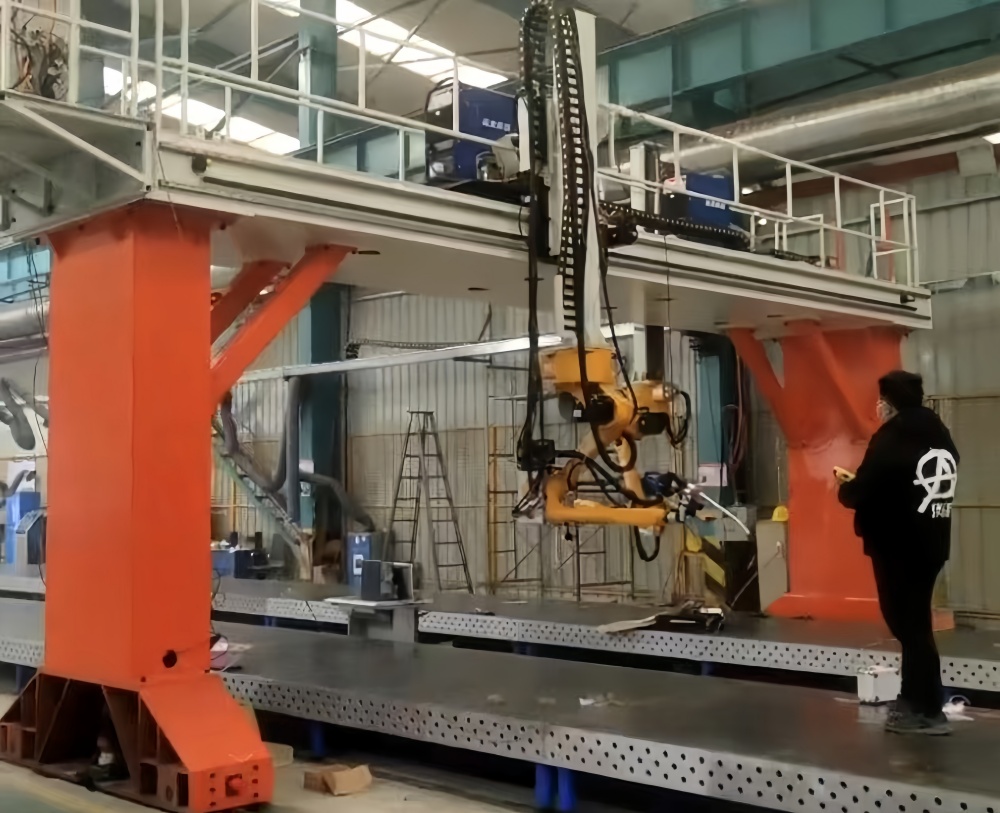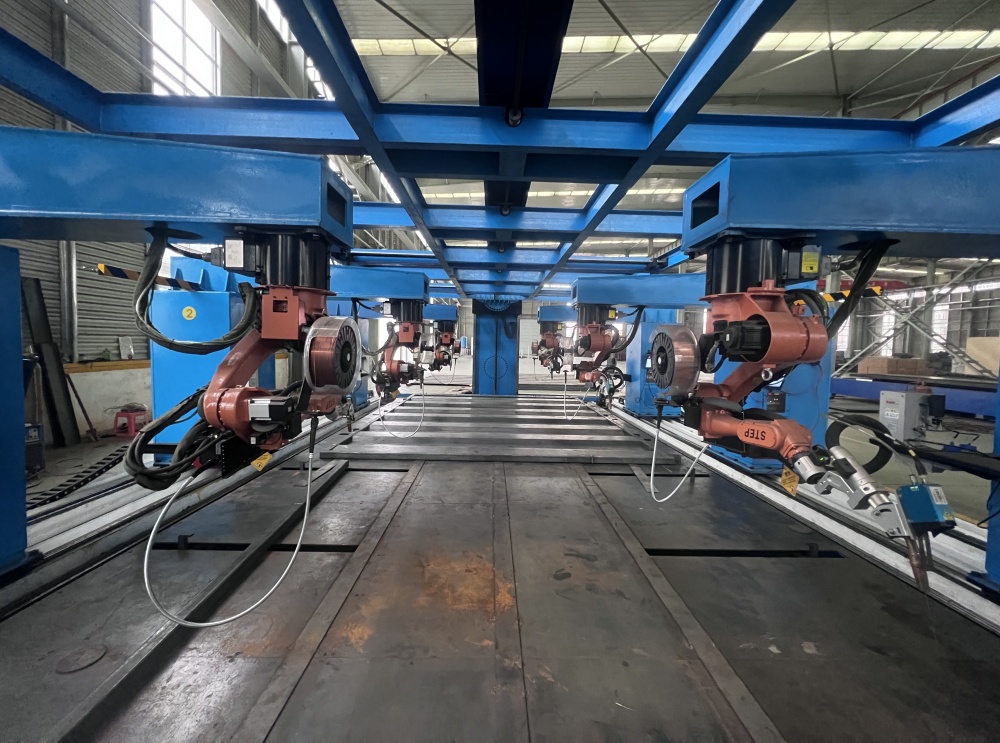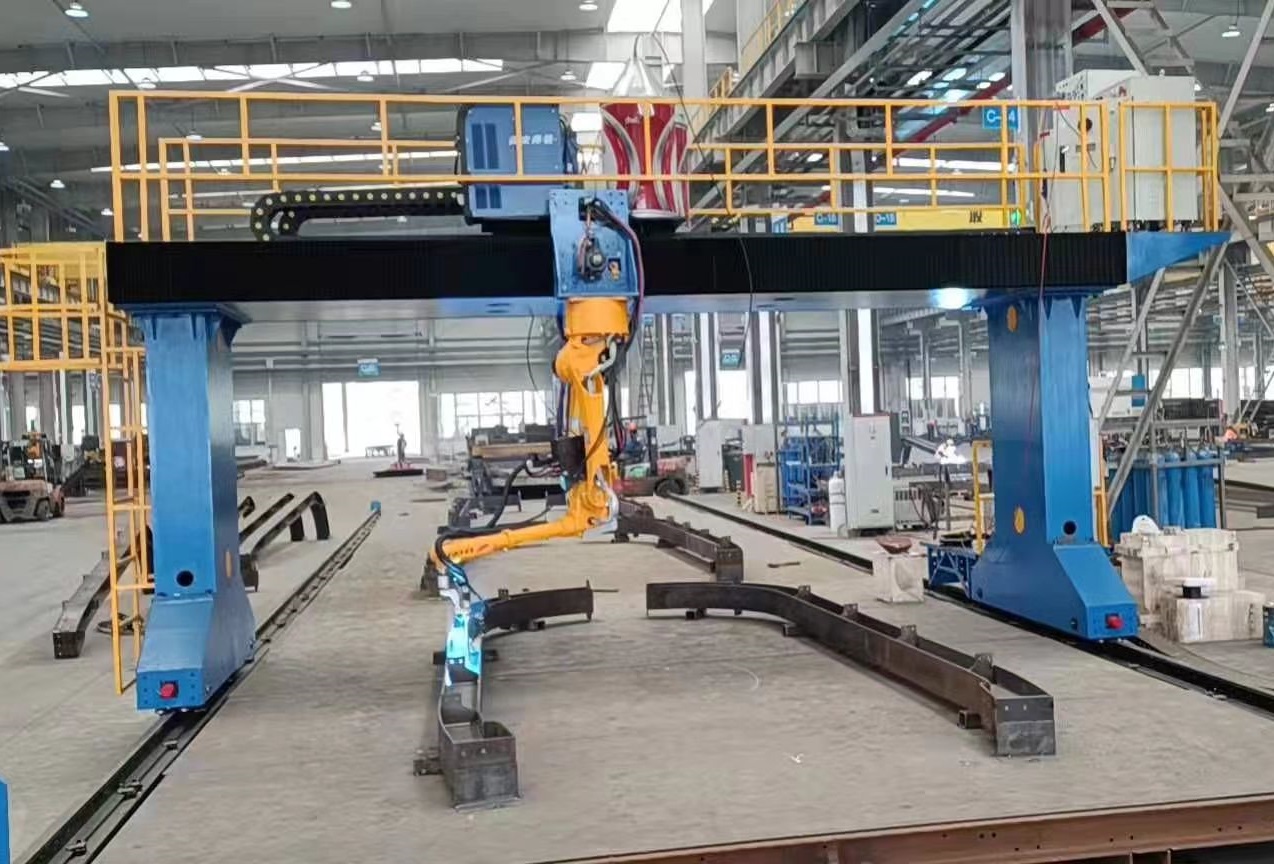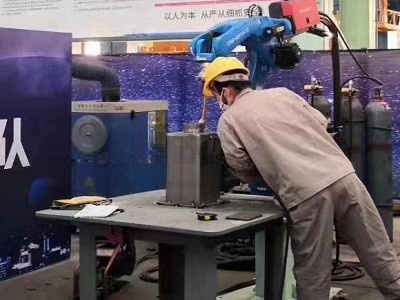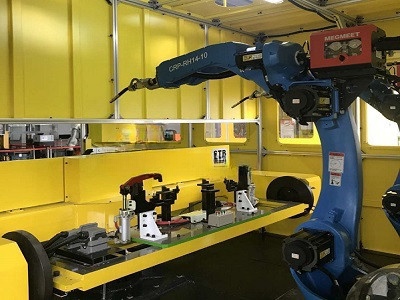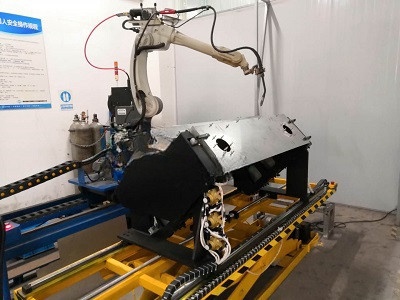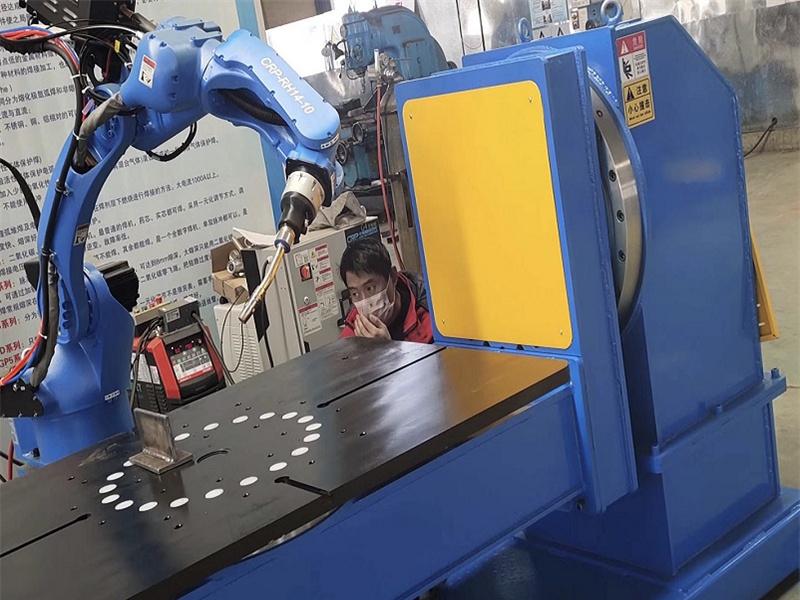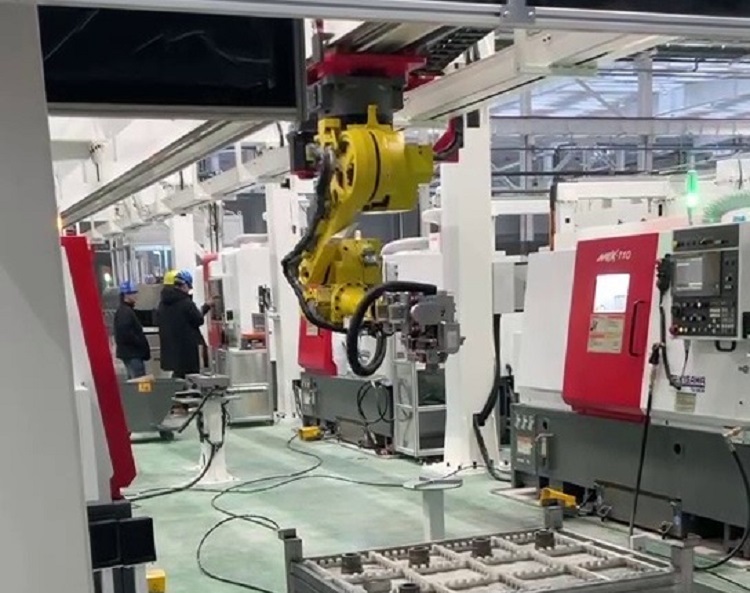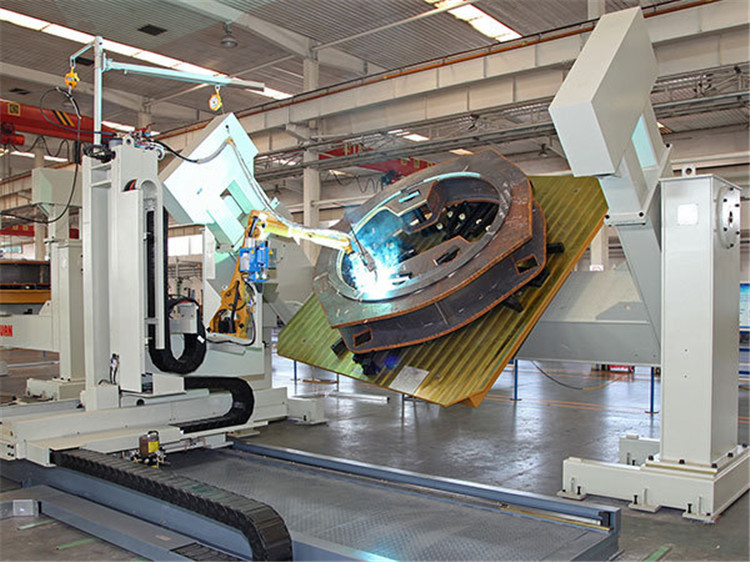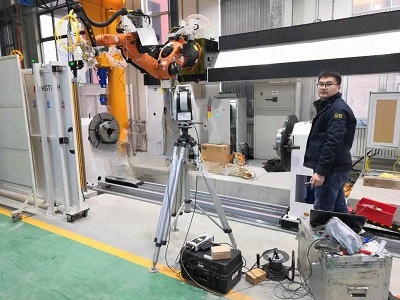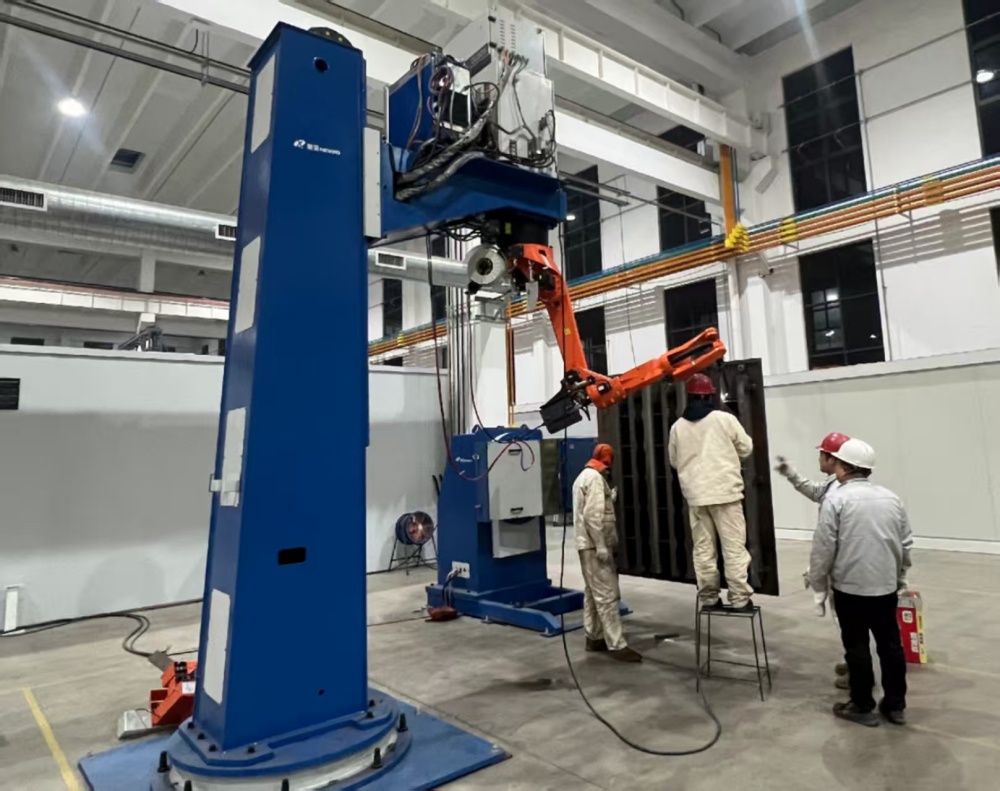Product Category
Robot system integration is based on industrial robots as the core unit, combined with good welding equipment, welding process technology, and system engineerin...
MOREThe characteristics of the development of domestic robots can be summarized as follows: horizontally, the application scope is becoming wider and wider. Expand ...
MORESpot welding does not have very high requirements for welding robots. Because spot welding only requires point position control, there are no strict requirement...
MOREThe main operating modes of argon arc welding robots are divided into two types, both of which can perform welding for a long time, effectively ensuring high ef...
MOREThe general arc welding robot consists of a teaching box, control panel, robot body, automatic wire feeding device, welding power supply, and other parts. Conti...
MOREMechanical arms are long-lasting and durable, capable of freeing people from heavy and monotonous labor, and expanding and extending their functions. As long as...
MOREThe welding robotic arm is mainly composed of three parts: the actuator, the drive mechanism, and the control system. The hand is a component used to grip workp...
MOREA six axis robotic arm can save workers, improve efficiency, reduce costs, enhance product quality, improve safety, and enhance factory image.
MOREThe requirements for flexible welding robots are not very high. Because spot welding only requires point position control, there are no strict requirements for ...
MOREThe robot workstation is mainly composed of robots and their control systems, auxiliary equipment, and other peripheral devices. In this configuration, standard...
MOREBased on the motion characteristics of each structure of the robot, using modular design methods, the robot mechanism is divided into three parts: a wheeled mob...
MOREWelding robot technology, as a typical representative and main technical implementation method of manufacturing technology, has played an important role in impr...
MORE



